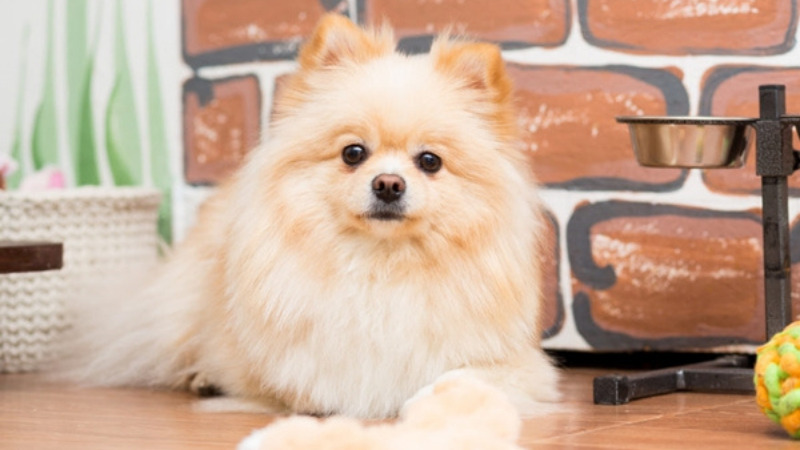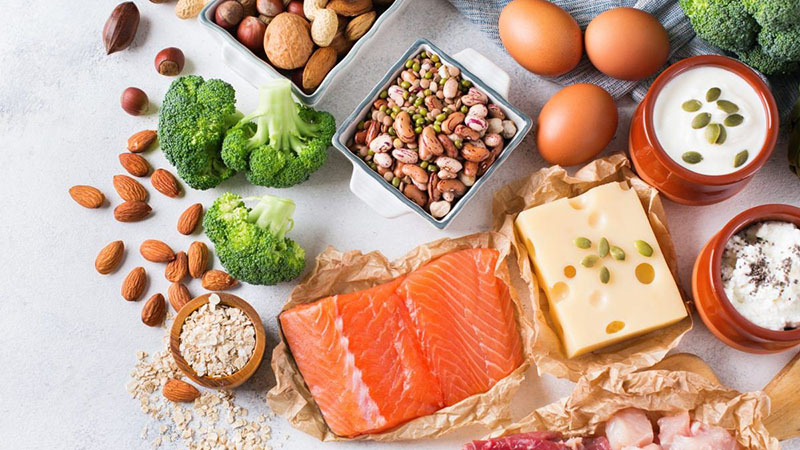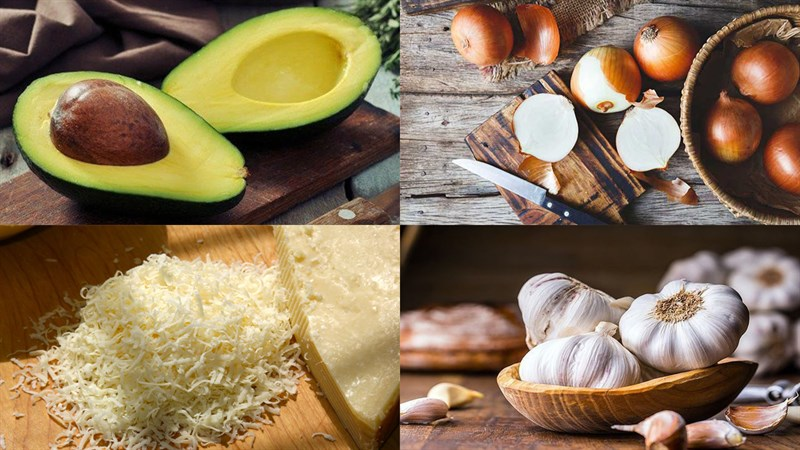Generally, Pomeranians can eat most foods. However, these little pups can be quite fussy and have sensitive tummies. The article below will address your queries about what to feed your Pomeranian and the ideal nutritional regime.
1 Essential Nutrients in Pomeranian Food
 Essential Nutrients in Pomeranian Food
Essential Nutrients in Pomeranian Food
Pomeranians are small, energetic, and playful dogs that require a constant supply of 300-400 calories per day, including the following nutrients:
– Protein: Due to their hyperactivity, ensure you provide an adequate amount of protein, especially from meat sources.
– Fiber: Fiber is essential for healthy digestion and preventing constipation and other gastrointestinal issues.
– Vitamins and Minerals: A balanced mix of vitamins and minerals will boost their immune system and promote a healthy coat and soft skin.
2 What Should Pomeranians Eat?
Fresh Food
+ Calorie-rich foods: Bread, rice, potatoes, and sweet potatoes are excellent sources of calories.
+ Protein-rich foods: Include eggs, lean meats, and fish in their diet to ensure sufficient protein intake.
+ High-fiber foods: Offer your Pomeranian fiber-rich options like green beans, carrots, apples, and bananas.
+ Vitamin and mineral-rich foods: Oranges, carrots, and spinach are great sources of essential vitamins and minerals.

Dry Food for Pomeranians
You can save time on grocery shopping and cooking by opting for dry dog food, readily available at pet stores and online retailers. These foods provide a well-balanced diet for your furry friend.
3 What Should Pomeranians Not Eat?

Avoid feeding your Pomeranian the following foods:
– Garlic, Onions, and Chives: Large amounts of these can damage your dog’s red blood cells, leading to breathing difficulties and vomiting.
– Dairy Products: Human dairy can cause vomiting, gas, allergies, and diarrhea in Pomeranians.
– Chocolate, Grapes, Raisins, Macadamia Nuts, and Avocados: These foods can lead to diarrhea, seizures, tremors, and even death if consumed by your Pomeranian.
We hope this information helps you create a healthy and delicious diet for your Pomeranian. Bon appétit, little one! Stay healthy and happy!
Read More

































